Although epilepsy isn’t a behavioral health condition, children with epilepsy may be at a greater risk of feeling anxious or depressed. To learn more about the behavioral health aspects of an epilepsy diagnosis, Eleni Rizakos, PsyD, a pediatric psychologist in the Comprehensive Pediatric Epilepsy Program, has answered some of your questions.
My child was recently diagnosed with epilepsy – what can I do to support them?
- The first thing you can do is to create an environment where you can talk about epilepsy openly and honestly with your child.
- Educate yourself so you can feel prepared to answer questions and support them.
- Encourage your child to share their diagnosis with family and friends to build a larger support system. If your child is nervous about sharing their diagnosis, you can practice doing this at home together.
- Make sure your child continues their normal engagement with friends and activities that support their emotional well-being.
How can I help my child who is anxious about having a seizure while they are at school?
- Let your child know the school has a seizure action plan, so they feel confident that if they do have a seizure at school, the staff know what to do to best support and take care of them.
- Encourage your child to share their diagnosis with friends at school – it’ll help to reduce the anxiety of having a seizure in front of people if their friends already know about their diagnosis.
- Create a school coping kit. This kit can include comfort and distraction items which they can use at any time they need it at school. Items in their kit will differ depending on their interests but ideas include using your 5 senses – things you can touch, taste, smell, hear and see. Smelly lotions, small hard candies, books, fidgets, headphones for music, etc.
- Make sure they do continue to go to school. Often the anxiety of having a seizure at school will make a child not want to go to school. Avoiding things that feel anxiety-provoking will cause anxiety to grow. Exposure to those things will help your child – so in this case, going to school will cause the anxiety to decrease over time.
Can you provide some tips for helping build self-esteem with my child who has epilepsy?
When a child is diagnosed with seizures it can feel like the seizures have taken over and the child is in the passenger seat of their life. To help your child, have them take control of daily activities and routines, such as taking their daily medication on their own. Also have them maintain or establish friendships or social activities and extra curriculars they are interested in. Creating opportunities to help the child accomplish things and feel successful will help them feel like they are in control. It’s also important for parents to praise their child’s successes – both small and large.
What are the signs of depression or anxiety related to epilepsy?
Everyone feels sad or worried sometimes – this is a normal part of being human. If you find that your child is worried or sad more times than not or if you notice the sadness or worry is interrupting their daily functions, such as school or extra curriculars or socializing with friends, this may be a sign that your child is experiencing symptoms of anxiety or depression. If you do notice this behavior, your next step is to reach out to a therapist. The therapist will do an initial evaluation, asses your child and develop a treatment plan. You can find a therapist by asking your neurologist or by calling the behavioral health number on the back of your insurance card to get a list of therapists that are in your network.
How does epilepsy affect a child’s emotional development?
Reports show that rates of anxiety, depression and attention deficit hyperactivity disorder (ADHD) are significantly higher in epilepsy populations when compared to general populations. We also know that when a child goes through a challenge like an epilepsy diagnosis and they learn to navigate this successfully, that is when resiliency develops. This puts the child in a stronger place when they face other challenges in their future. Keeping an eye out for emotional and behavioral challenges and obtaining mental health intervention early is an important way to support your child’s emotional well-being and building that resilience.
 https://riseandshine.childrensnational.org/wp-content/uploads/2025/11/two-friends-feature.jpg
300
400
Danielle Robbins
https://riseandshine.childrensnational.org/wp-content/uploads/2017/11/childrens_riseandshine_logo.jpg
Danielle Robbins2025-11-13 13:55:082025-11-14 10:17:49Navigating friendships when your child has epilepsy
https://riseandshine.childrensnational.org/wp-content/uploads/2025/11/two-friends-feature.jpg
300
400
Danielle Robbins
https://riseandshine.childrensnational.org/wp-content/uploads/2017/11/childrens_riseandshine_logo.jpg
Danielle Robbins2025-11-13 13:55:082025-11-14 10:17:49Navigating friendships when your child has epilepsy


 Eleni Rizakos, PsyD, was a licensed clinical psychologist within the Neuroscience and Behavioral Medicine Division with a specialized focus in the Comprehensive Pediatric Epilepsy Program.
Eleni Rizakos, PsyD, was a licensed clinical psychologist within the Neuroscience and Behavioral Medicine Division with a specialized focus in the Comprehensive Pediatric Epilepsy Program.
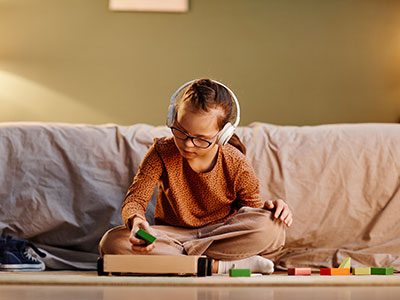


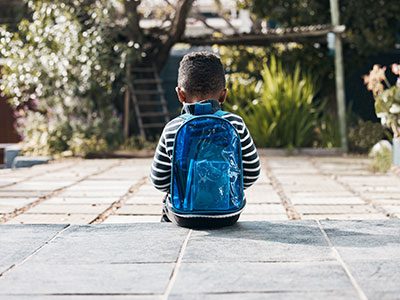

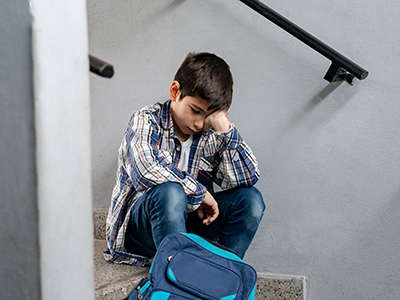
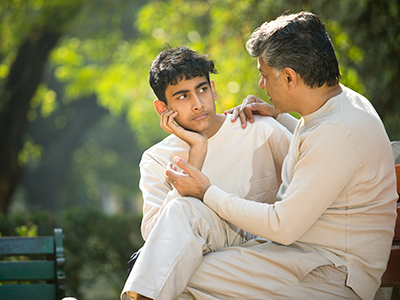




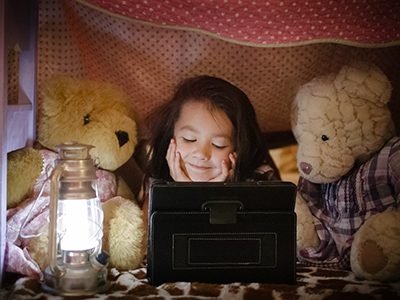



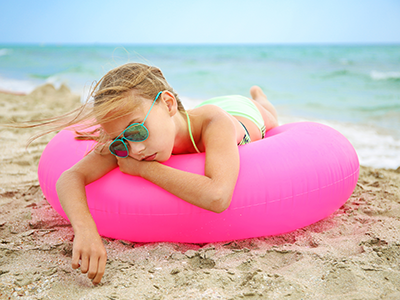
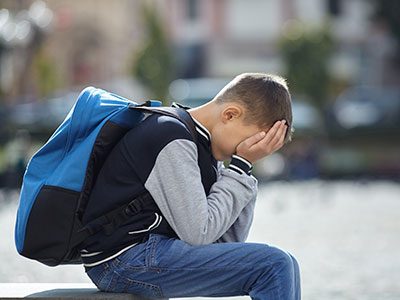
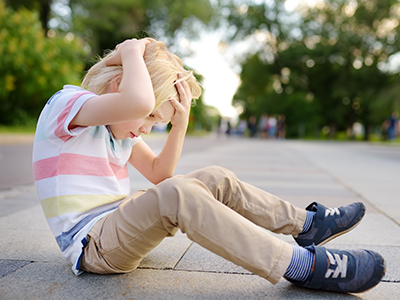
Leave a Comment
Want to join the discussion?Feel free to contribute!